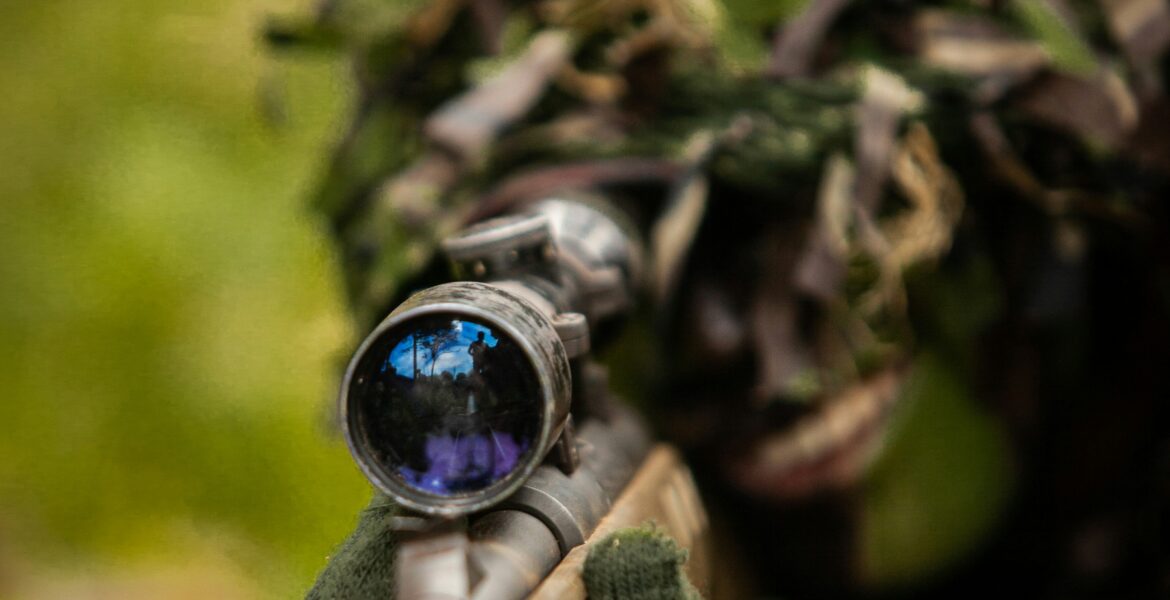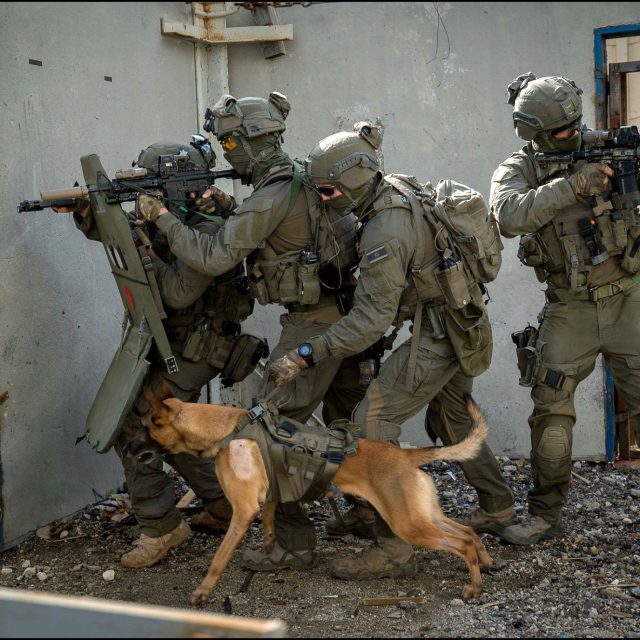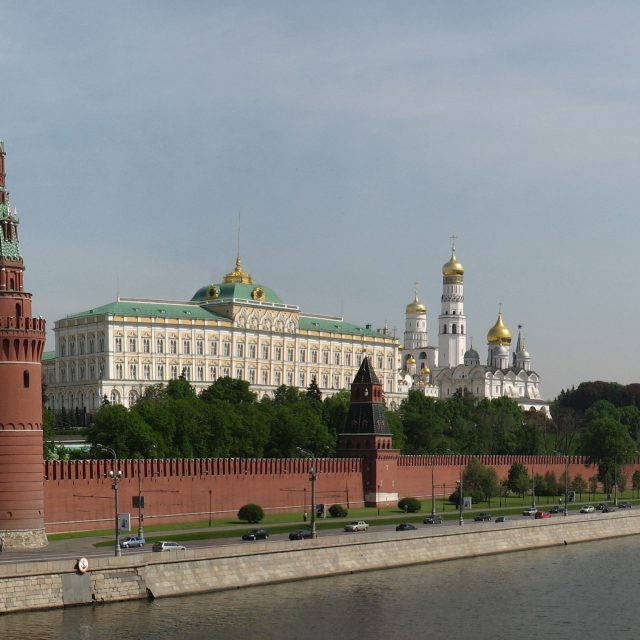Photo by Arkana Bilal on Unsplash
MEPs have discussed the security situation in Europe and beyond as well as defence and EU-NATO cooperation with the new NATO Secretary General Mark Rutte.
In his first public discussion with MEPs since taking office as NATO Secretary General, former Dutch PM Rutte said he is deeply concerned about the security situation in Europe.
He told MEPs this week, “We are not at war, but we are not at peace either,” he said, mentioning challenges from states such as Russia, China, Iran and North Korea, but also lingering threats in the form of terrorism, nuclear proliferation, disinformation and climate change.
He said, however, that: “We know how to protect our peoples and the European way of life. Now we just have to do it”, talking about the need to invest more in defence capabilities and assets, to boost resilience and to continue supporting Ukraine.
A stronger European defence means spending more, spending better and producing more, Rutte argued, not to provoke war, but to prevent it. “NATO’s current two percent defence spending target is not nearly enough to stay safe, NATO allies will have to spend considerably more. This also includes ramping up the production of crucial assets and capabilities,” he said.
Speaking in the debate in Brussels earlier this week, he said, “The European defence industry is doing truly impressive work, but the truth is that we are not where we need to be.”
On Ukraine, the NATO Secretary General said that the future of Europe hinges on the outcome of the war. “We want lasting peace there. If Putin gets it his way, peace will not last,” he stressed, adding that EU support to Ukraine is crucial: “We are safe now, we might not be safe in five years.”
Regarding EU-NATO cooperation, MEPs quizzed Rutte, who recently took on his new role, on the EU contribution.
This is an issue which has been flagged up many times by incoming U.S President Donald Trump. He says European nations must pay more towards their own security and defence.
Defence is not limited to military issues: it includes international relations, as well as social, economic and diplomatic relations, a number of MEPs stressed. MEPs also asked about future cooperation with the incoming Trump Administration and expressed concern about the role of Türkiye in NATO.
Other MEPs pointed out that there are differences between NATO allies on defence issues, but staying united is necessary to secure a sustainable peace in Ukraine. They also highlighted the difficult security situation in Mediterranean and Western Balkans.
On boosting military industry, MEPs enquired about the avoidance of duplication in military production as well accelerating the development of weapons. Several MEPs raised the issue of the need to tackle hybrid threats, particularly on the eastern flank of Europe and in the Western Balkans.




